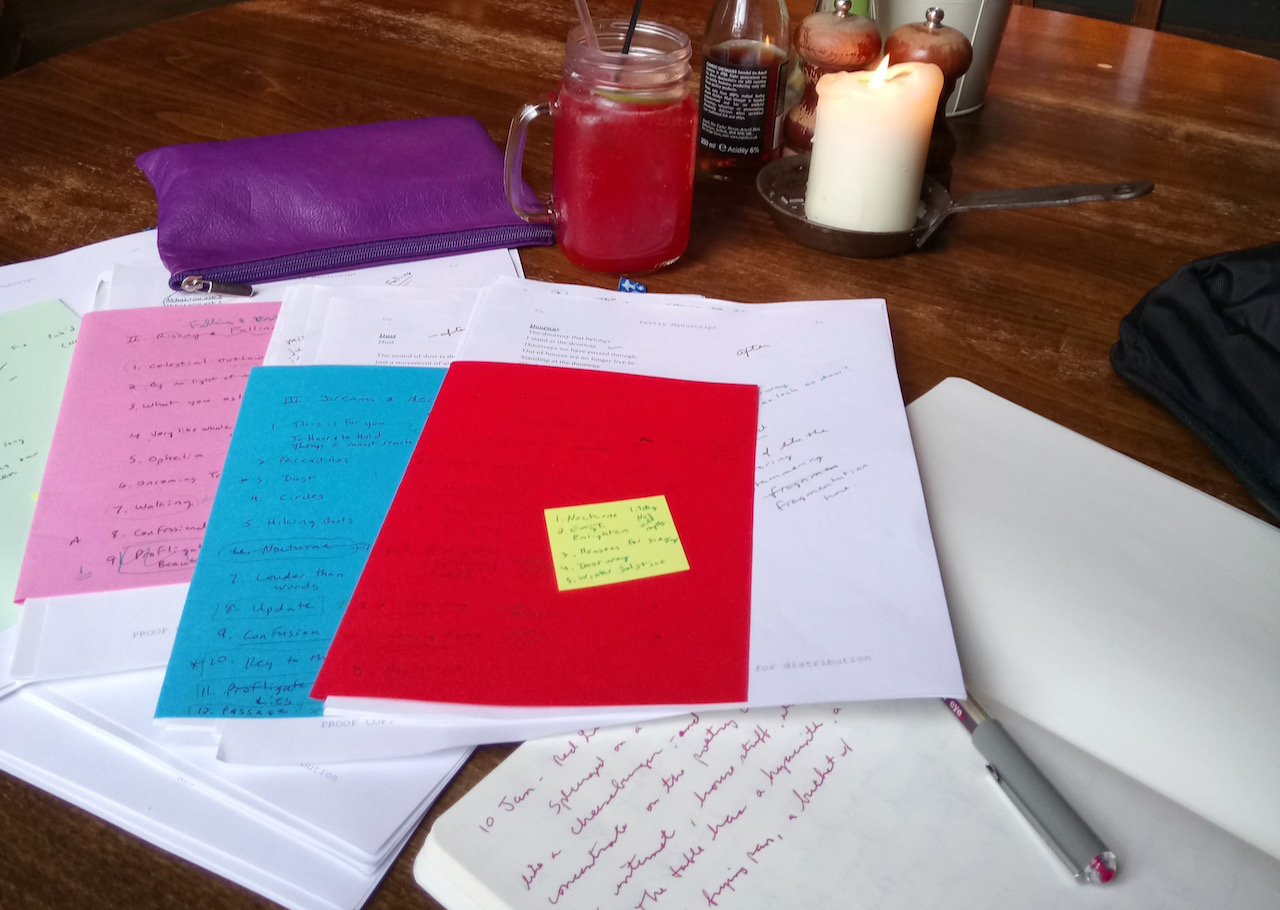One of the features of Start Writing Fiction is that participants will receive personalised feedback from the tutor with every module. This amounts to six opportunities over twelve weeks to develop an ongoing conversation about your work and your writing. Philosophies of feedback vary among writing tutors. Here’s mine:
My philosophy of feedback is that the writer has invited me to be a guest, a witness, to their creative process and that is a brave and generous act. I’m not there to fix or improve someone else’s work (that’s the writer’s job). What I get to do is to be curious and ask questions. Together, we’ll draw out why this story matters, who these characters are, and where the pulse of the piece is. I’ll point out what I notice and what I wonder about and you can decide if these are the things you want a reader to notice, to wonder about. I firmly believe that the final word on a piece of writing is always the writer’s own.
When we start writing a story, we often think we know what the story is about. On an immediate level, we can say ‘this is a story about a lemonade stand’ or ‘this is a story about missing shoes.’ But on another level, I think we don’t always know what it’s about until we’ve written it. A story can be about many things. Ideally, feedback reveals more dimensions as we delve into the characters, the setting, the possible points of view, the structure. Discussion around each of these aspects of craft offers another lens to examine a story and discover what else it might be about.
And what does a writer do with feedback? Consider it carefully, keep what is useful, and set the rest aside. When I give feedback, I don’t expect that a writer will take all my observations or questions on board. But I do hope that some will chime. Discerning which feedback furthers your art is a great skill for writer.
Feedback can fuel revisions. I embrace the meaning of the word revision literally: seeing again. When I revise, I look again at my words, but with a new perspective or question in mind. In my own work, I have found it fruitful to view revision not simply as a path to improvement, but as a method for expanding the borders and edges of the work. The best feedback asks hard questions and nudges you forward. It challenges – Can you take this idea or image even further? Where will it lead if you do? I believe that the creative lives in the unknown, and useful feedback can help guide us there.
I hope you’ve found this series of blogposts useful. I’ve had fun writing them. If you’d like to join me and Start Writing Fiction this January, register here. If you still have questions, feel free to get in touch using my contact form. I hope to write with you soon!
